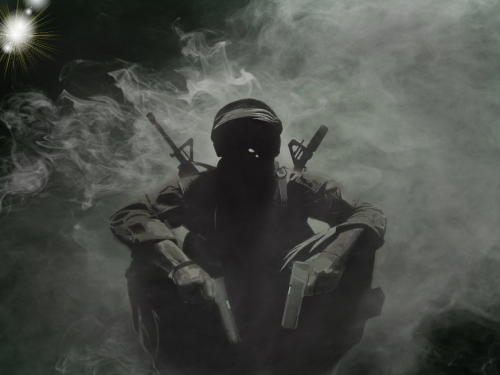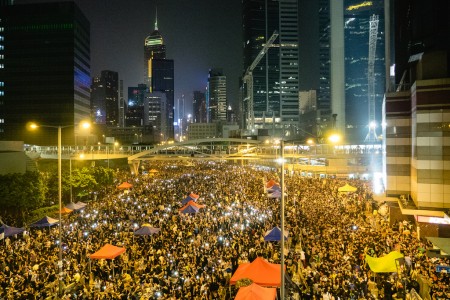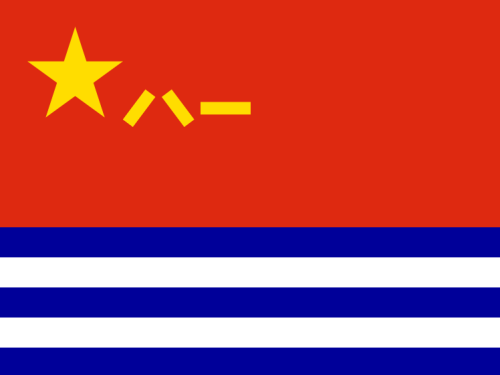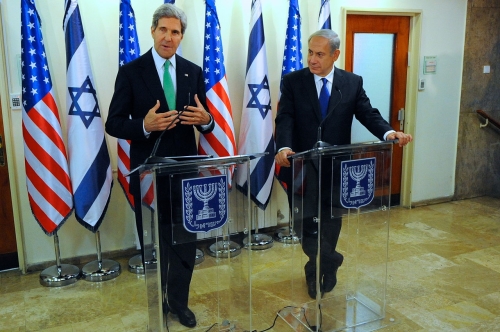
This article was originally published by War on the Rocks on 1 October 2014.
The Atlantic Council, seeking to enhance its exploration of the Future of Warfare with some new blood, recently hired Call of Duty: Black Ops series director Dave Anthony for an unpaid position as a senior fellow. At first glance, given the futuristic games Anthony has developed and the extensive consulting he has conducted with domain experts, the move seems like a no-brainer. Why not think outside the (policy) box with a man whose games rule the X-Box? Anthony’s Black Ops 2 in particular is seen by many defense analysts as a chilling vision of future warfare. However, this may have something to do with the fact that Anthony consulted many of them in the development process.




